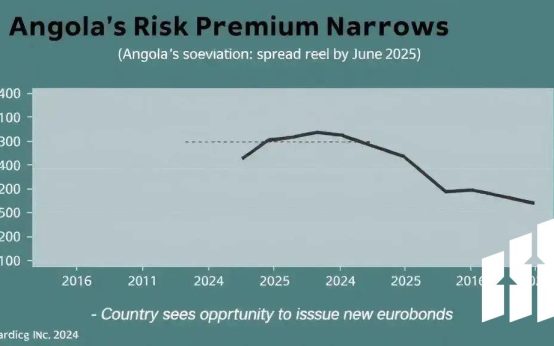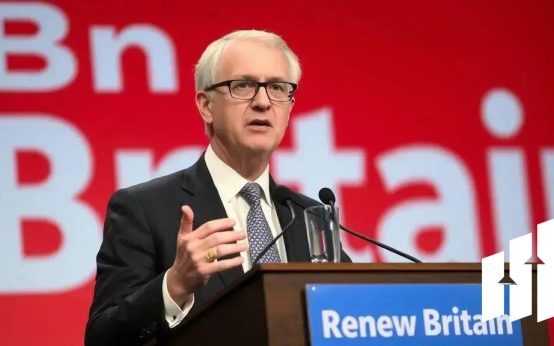As Japan faces rising inflation, the need for interest rate hikes has become urgent. Higher interest rates can help control inflation but may slow down consumer spending and business growth. The Bank of Japan is tasked with balancing these economic factors carefully, making their decisions critical for the future of the economy. Understanding these dynamics is essential for both consumers and businesses as they navigate the changing financial landscape.
In Japan, there’s a growing sense of urgency around raising interest rates. For years, low rates helped stimulate the economy. But now, as inflation rises, the Bank of Japan is facing new challenges.
The Role of Inflation
Inflation means prices for goods and services are going up. When this happens, consumers feel the pinch in their wallets. For example, groceries and gas costs can rise, affecting daily life.
What Low Rates Have Done
Keeping interest rates low was meant to encourage spending and investment. This helped businesses grow and created jobs. However, too much money in circulation can lead to inflation.
Why Hikes Are Necessary
To combat rising inflation, raising interest rates can slow down spending. Higher rates mean it costs more to borrow money. This could help bring prices back to normal levels over time.
The Central Bank’s Dilemma
The Bank of Japan must balance growth and inflation. They cannot let one overtake the other. If they raise rates too quickly, it could hurt economic recovery.
Market Reactions
Financial markets react strongly to changes in interest rates. Investors watch closely for news from the Bank of Japan. Any hint of a rate hike can cause fluctuations in the markets.
Looking Ahead
As pressures increase, the Bank of Japan’s decisions will be crucial. Understanding these shifts will help everyone prepare for what comes next in Japan’s economy.
Conclusion
In conclusion, the urgency for interest rate hikes in Japan is becoming clearer. As inflation rises, the Bank of Japan faces tough decisions. While low rates helped stimulate growth, the current economic climate requires careful action.
Raising rates can help control inflation, but it’s a balancing act. It’s important to support economic growth while managing price increases. Understanding this situation will be crucial for consumers and businesses as they navigate the changing financial landscape.
By staying informed, we can all prepare for the potential impacts of rising interest rates and make better financial choices going forward.
FAQ – Frequently Asked Questions about Interest Rate Hikes in Japan
Why is there an urgency for raising interest rates in Japan?
The urgency comes from rising inflation, which affects consumer prices and overall economic stability.
How do rising interest rates impact consumers?
Higher interest rates increase borrowing costs, leading consumers to spend less on loans and big purchases.
What are the effects on businesses due to interest rate hikes?
Businesses may face higher loan costs, which can slow down their growth and reduce hiring opportunities.
Can raising interest rates help control inflation?
Yes, increasing rates can slow down spending, which may help to bring inflation under control over time.
What should consumers do to prepare for rising interest rates?
Consumers should review their financial plans, consider paying off debt, and be cautious with new loans.
How does the Bank of Japan decide when to raise interest rates?
The Bank of Japan evaluates economic indicators like inflation rates, consumer spending, and market conditions to guide their decisions.


 Miran Highlights Dual Goals of Fed and Interest Rate Outlook
Miran Highlights Dual Goals of Fed and Interest Rate Outlook  Are You a Robot? Unusual Activity Detected on Bloomberg
Are You a Robot? Unusual Activity Detected on Bloomberg  Keir Starmer Leads Business Delegation to India for Trade Pact
Keir Starmer Leads Business Delegation to India for Trade Pact  Takaichi Appoints Ex-Finance Minister as Secretary General of LDP
Takaichi Appoints Ex-Finance Minister as Secretary General of LDP  Argentina Continues Dollar Sales Amid Weakened Peso Crisis
Argentina Continues Dollar Sales Amid Weakened Peso Crisis  White House Calls on Democrats to Resolve Ongoing Government Shutdown
White House Calls on Democrats to Resolve Ongoing Government Shutdown